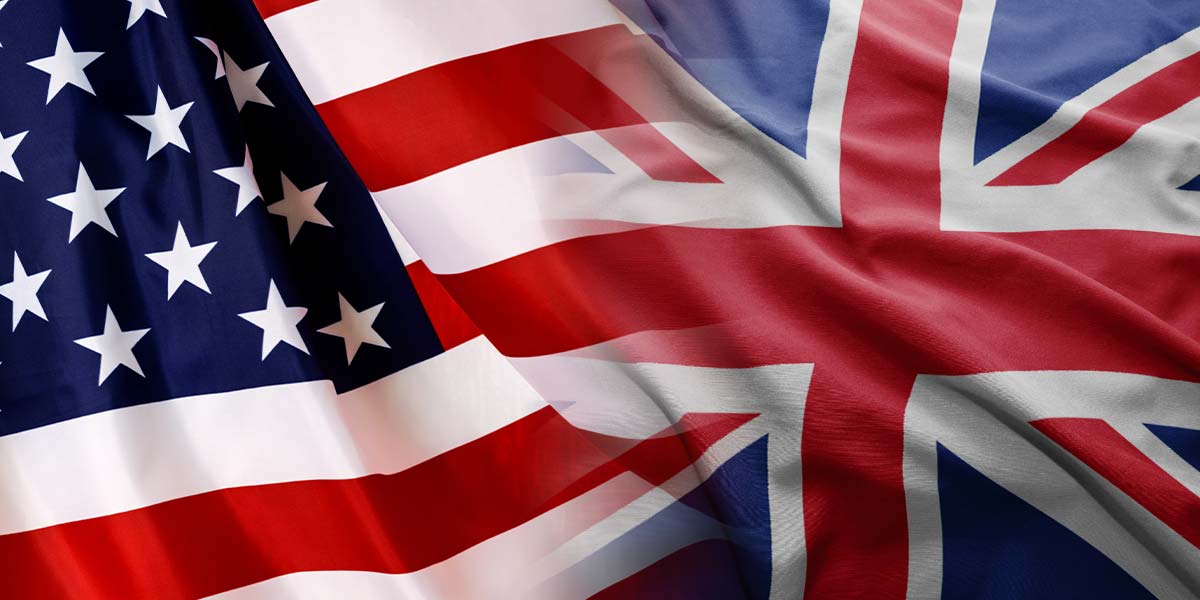President Donald Trump has signed off on a new agreement easing import tariffs on selected British goods, signaling progress in trade negotiations between Washington and London, although some key sectors remain unresolved.
The deal was finalized with UK Prime Minister Keir Starmer during the G7 Summit in Canada, targeting quotas and lower tariffs on British automotive exports and scrapping duties on the UK’s aerospace industry.
While the agreement grants a notable reprieve to British automakers—establishing an annual quota of 100,000 vehicles subject to a 10% tariff, significantly below the 25% rate charged to other nations—thornier disputes persist, especially in the steel and aluminum industries.
The U.S. has proposed a quota system for these metals that would exempt British producers from a steep 25% tariff, but this exemption is contingent on the UK’s ability to prove the security and integrity of its supply chains, as outlined in an executive order.
Details of the steel and aluminum quotas, including specific allocation levels, will be determined by Commerce Secretary Howard Lutnick.
Britain narrowly sidestepped tariffs as high as 50% on metals earlier this month but faced the prospect of higher duties beginning July 9 if an agreement had not been reached.
The aerospace sector emerged as a clear winner, with the U.S. eliminating tariffs on aircraft and related components—an industry cited by UK officials as pivotal to the domestic economy.
In return, the UK will extend tariff cuts to American beef and ethanol imports, with provisions ensuring all U.S. agricultural products adhere to British food safety standards.
Pharmaceuticals and other critical industries were excluded from the current pact, though both governments committed to continued negotiations aimed at expanding market access and safeguarding local sectors against additional trade barriers that may arise from ongoing U.S. Commerce Department investigations.
UK Trade Secretary Jonathan Reynolds hailed the agreement as a milestone for British exporters, emphasizing the exclusive terms London secured with the Trump administration.
Both capitals, he added, remain focused on securing more favorable deals for the UK’s pharmaceutical industry and shielding domestic manufacturers from any future levies under Section 232.
Following these developments, the tariff adjustments will become effective one week after formal publication in the U.S. Federal Register.





